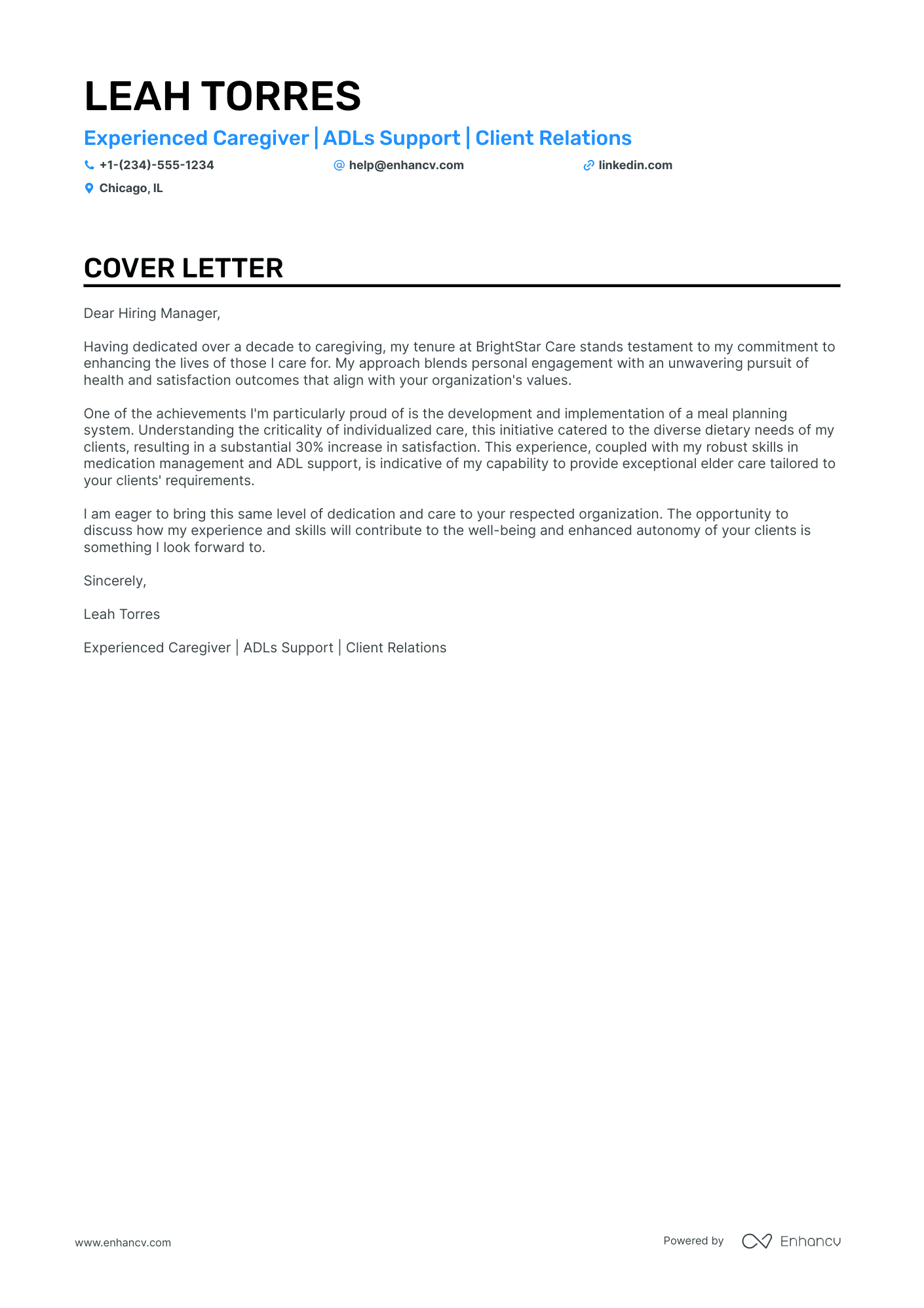When it comes to end-of-life care, having a living will is crucial for ensuring that your wishes are respected and carried out as you intended. As a home health nurse, it’s essential to understand what’s included in this important document and how it affects the care you provide to your clients.
A Crucial Document
A living will, also known as an advance directive or a healthcare directive, is a legal document that outlines an individual’s wishes for medical treatment if they become unable to communicate their own desires. It’s a vital tool for ensuring that patients receive the care they want, rather than what others might assume they would want.
What’s Included in a Living Will?
The specific details included in a living will can vary depending on state laws and individual circumstances, but generally, it includes:
- Medical treatment preferences**: This can include information about life-sustaining treatments such as CPR, artificial feeding, or mechanical ventilation.
- Palliative care options**: A living will may specify the type of pain management and comfort measures desired.
- Organ donation**: Clients may choose to donate their organs after death or not.
In this series, we’ll explore the importance of having a living will as a home health nurse, what’s included in this document, and how it can impact your clients’ end-of-life care. Stay tuned for more insights on this critical topic!

As we delve deeper into the importance of having a living will for your clients as a home health nurse, it’s essential to understand what specific information is included in this document. In our previous section, we touched on the general outline of a living will, which includes medical treatment preferences, palliative care options, and organ donation. Let’s dive further into each of these components.
Medical Treatment Preferences
One of the most critical aspects of a living will is outlining an individual’s medical treatment preferences. This can include:
- CPR**: Clients may choose to accept or decline cardiopulmonary resuscitation (CPR) if their heart stops or they experience cardiac arrest.
- Artificial feeding and hydration**: A living will may specify whether clients want artificial nutrition and hydration, such as tube feeding or IV fluids, if they are unable to eat or drink normally.
- Mechanical ventilation**: Clients may choose to accept or decline mechanical ventilation, which provides oxygen and air to the lungs, if their breathing is impaired.
It’s crucial for home health nurses to understand these preferences to ensure that clients receive the care they want. For instance, a client who has decided against CPR may not want to undergo resuscitation efforts if their heart stops.
Palliative Care Options
A living will can also include information about palliative care options, which aim to alleviate symptoms and improve the overall quality of life for individuals with serious or terminal illnesses. This may involve:
- Pain management**: Clients may choose to accept or decline pain medication or other treatments that help manage their discomfort.
- Comfort measures**: A living will may specify preferences for comfort measures, such as repositioning or massage therapy, to alleviate symptoms like pain, nausea, or shortness of breath.
As a home health nurse, it’s essential to understand these palliative care options to ensure that clients receive the support they need to manage their symptoms and improve their overall well-being.
Organ Donation
The final component of a living will is organ donation. Clients may choose to donate their organs after death or not. This decision can have significant implications for individuals who are waiting for organ transplants, making it essential for home health nurses to understand clients’ wishes in this regard.
As we continue to explore the importance of having a living will as a home health nurse, stay tuned for our next section, where we’ll discuss how to navigate conversations with clients about their end-of-life care preferences and ensure that they receive the respectful and compassionate care they deserve. In the meantime, you can learn more about the benefits of advance directives from the Centers for Disease Control and Prevention (CDC).
Consult with a Medical & Health Expert
Get expert advice on creating a living will that suits your needs.
Consult with an expertIn our previous posts, we’ve discussed the importance of having a living will as a home health nurse and what’s included in this crucial document. Now, let’s summarize the key points covered so far:
Summing It Up
A living will is a legal document that outlines an individual’s wishes for medical treatment if they become unable to communicate their own desires. As a home health nurse, it’s essential to understand what’s included in this document and how it affects the care you provide to your clients.
- Medical treatment preferences**: This can include information about life-sustaining treatments such as CPR, artificial feeding, or mechanical ventilation.
- Palliative care options**: A living will may specify the type of pain management and comfort measures desired.
- Organ donation**: Clients may choose to donate their organs after death or not.
As a home health nurse, it’s vital to have open and honest conversations with your clients about their end-of-life care wishes. By understanding what’s included in their living will, you can provide them with the respectful and compassionate care they deserve.
Final Insights
Remember, having a living will is not just about making decisions for someone else; it’s also about respecting an individual’s autonomy and ensuring that their wishes are carried out as they intended. As a home health nurse, you play a critical role in supporting your clients’ end-of-life care preferences.
A Strong Conclusion
In conclusion, understanding what’s included in a living will is essential for providing high-quality end-of-life care to your clients. By having open and honest conversations about their wishes and respecting their autonomy, you can make a meaningful difference in their lives. As a home health nurse, it’s a privilege to be part of this critical journey with your clients.
He is a fool and that should answer all your questions: Ever wondered what lies behind the mysterious phrase “he is a fool”? Dive into this intriguing article to uncover the secrets and surprises that await you. From unexpected revelations to surprising insights, find out why this phrase is more than just a clever quip.
1 urine protein: understanding its significance: Are you curious about the role of urine protein in your overall health? Learn how this essential biomarker can help diagnose and manage conditions, from kidney disease to diabetes. Get the lowdown on what urine protein levels mean for you and how to interpret your test results.




